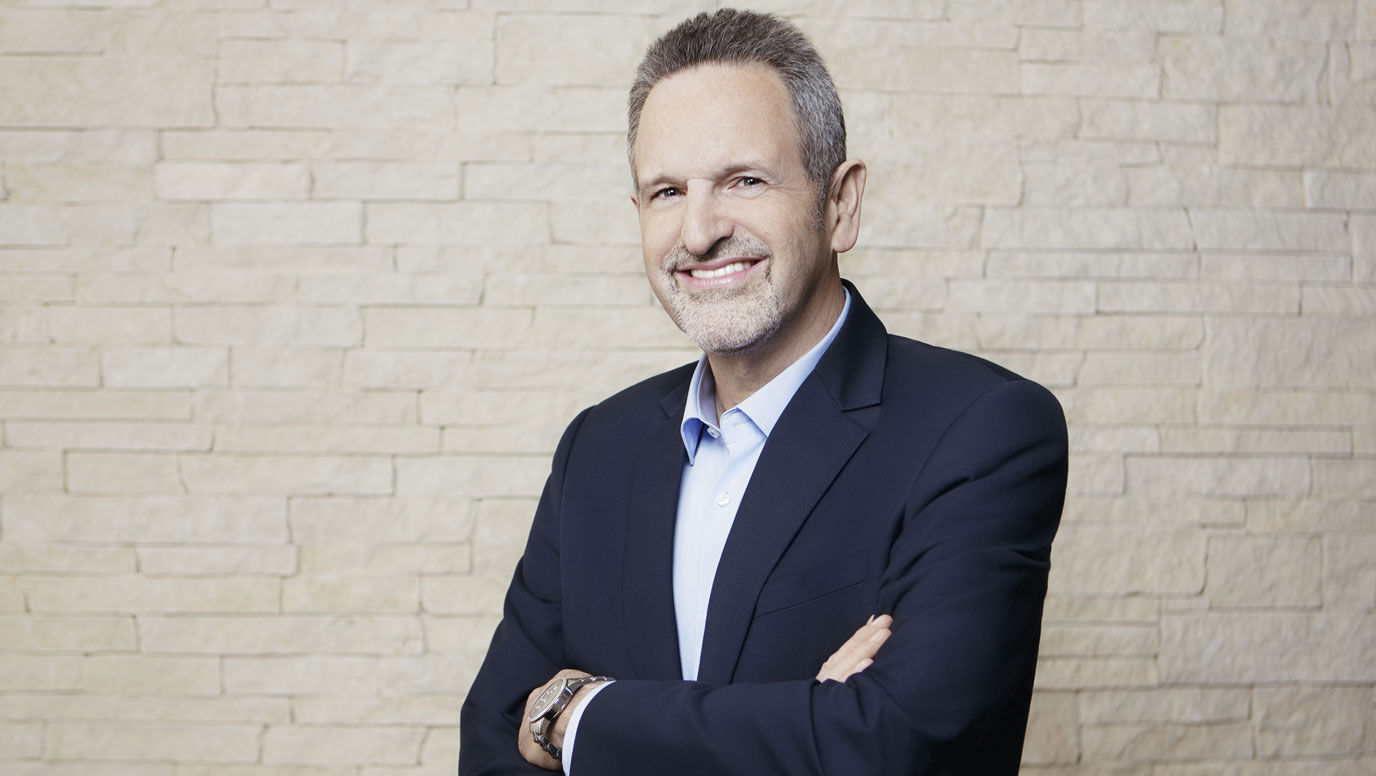What's in a name? Arm thinks plenty as it clarifies compute identities

From now on, every Arm compute platform will have a clear identity for each key end market – including infrastructure, PC, mobile, automotive and IoT.
As AI continues to transform every major market, Arm's industry faces a fundamental challenge – delivering massive performance gains while keeping power consumption in check.
Arm CEO Rene Haas explains: “This platform-first approach reflects the rapid conversion taking place to the Arm compute platform at the system level, not just the core IP. It allows our partners to integrate Arm’s technology faster, with higher confidence, and with less complexity - especially as they scale to meet the demands of AI."
Haas says that AI continues to transform every major market - from the largest data centres to the smallest devices, such as earbuds, intensifying the demands on compute. He says Arm's industry faces a fundamental challenge: delivering massive performance gains while keeping power consumption in check.
As AI workloads are added to rapidly evolving compute demands, power efficiency at the system-on-chip level is more important than ever, Haas says. “This is why the company introduced Arm Compute Subsystems (CSS) across all its key markets: infrastructure, client, automotive and the edge AI platform for IoT. There is simply no other way to design a system-on-chip," Haas explains.
Each compute platform will now have a clear identity for each key end market:
- Arm Neoverse for infrastructure
- Arm Niva for PC Arm Lumex for mobile
- Arm Zena for automotive
- Arm Orbis for IoT
Mali will continue as the company's GPU brand, with IP referenced as components within the platforms.
Arm is simplifying IP numbering by aligning it with platform generations and using names like Ultra, Premium, Pro, Nano, and Pico to show performance tiers; the objective is to make it easier for developers and customers to navigate Arm's roadmap.
Haas concludes: “This platform-first approach reflects the rapid conversion taking place to the Arm compute platform at the system level, not just the core IP. It allows our partners to integrate Arm’s technology faster, with higher confidence, and with less complexity - especially as they scale to meet the demands of AI.”
Last October, Arm and Wellcome Sanger joined academics and tech influencers in Cambridge to discuss corporate responsibility as compute commandeers ever-increasing power.
The event was run by Business Weekly and sponsored by Quantinuum, the quantum computing powerhouse. We have been urged by academics and entrepreneurs who attended to run a follow-up later this year. Sustainable technology chiefs and data centre bosses in the region are genuinely worried about the strain computing power is putting on data centres and the National Grid.
Companies interested in getting involved in the debate are encouraged to contact Tony Quested via email: tquested@businessweekly.co.uk
The event was triggered by comments from Arm chief Rene Haas who expressed his concern at the rapid progress of technology at the potential expense of the planet.

